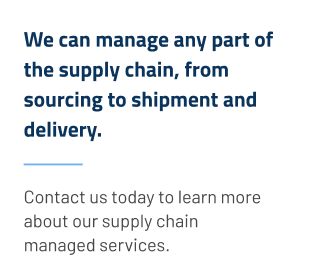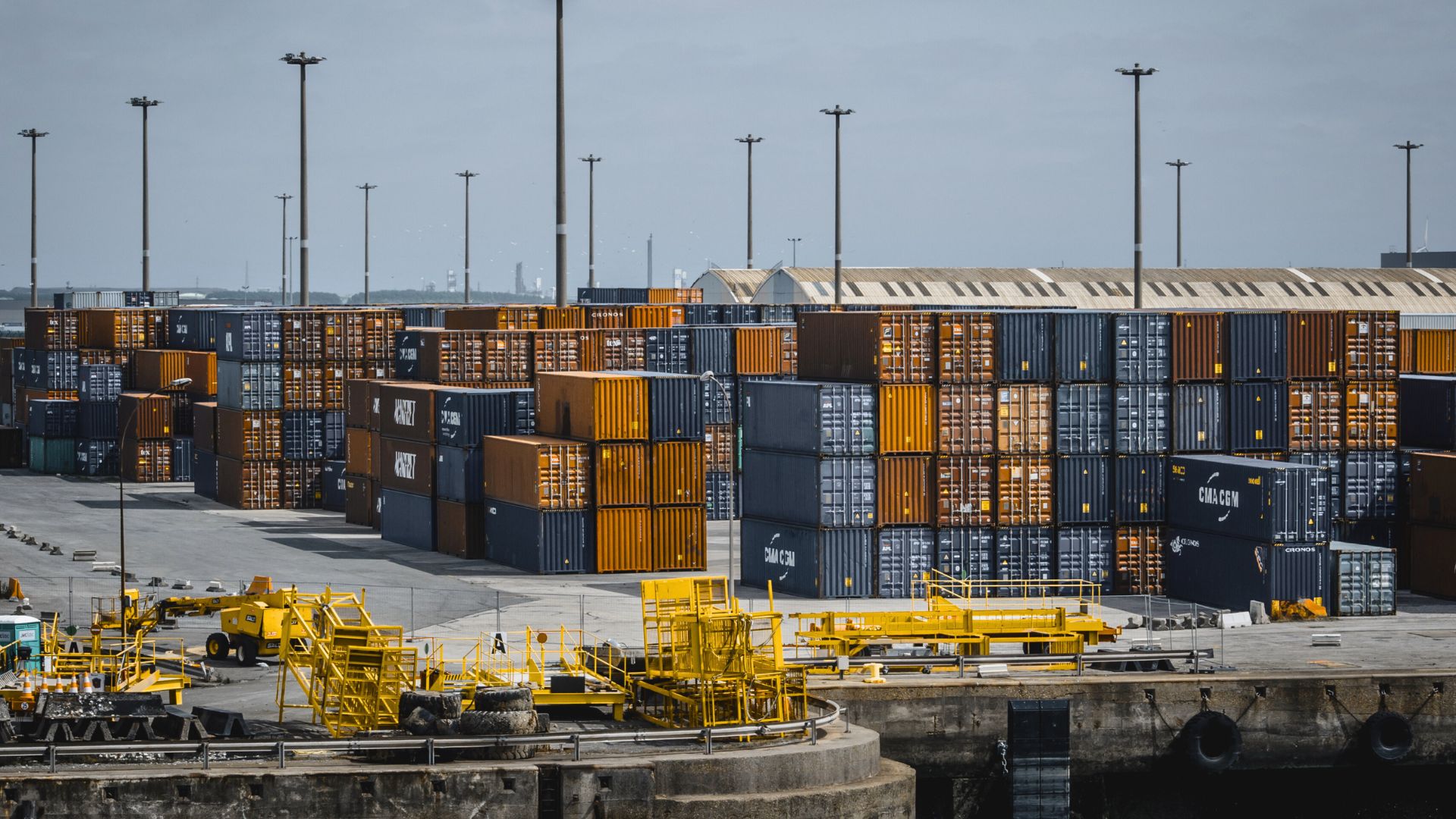Recently, truckers went on a one week strike in Ningbo, China, affecting foreign and China manufacturers alike as cargo was unable to be transported to the port.
It is not just China and other foreign countries that are vulnerable to strikes. A couple of years ago the ports of Los Angeles and Long Beach were negatively impacted by a clerical strike as workers protested against what they viewed as the outsourcing of their jobs to foreign countries.
Do the Benefits Outweigh the Problems Caused by a Strike?
While all companies that do business overseas are negatively impacted by a strike, some companies certainly feel the impact much more severely than others. Companies selling perishable items, for instance, could lose tens or even hundreds of thousands of dollars if their cargo is not trucked, loaded, shipped and unloaded in a timely manner.
Thankfully, manufacturing plants are fairly immune to the effects of a one week strike. Many plants have an inventory of needed items on hand, which means that a short delay in getting new parts and/or machinery will not cause serious loss to the business. While a strike is certainly an inconvenience to a manufacturing company, many such industries see this risk as an inherent part of doing business abroad and note that the benefits of outsourcing far outweigh the disadvantages.
As noted above, overseas manufacturing enables a business to keep costs down while still providing its customers with a high level of service. While strikes affecting shipping lines can delay the arrival of needed items, they do not have a serious impact on a manufacturer’s bottom line, making it highly likely that companies will continue to do business overseas. In the event of an overseas strike, ITI will provide our affected customers with updated information about how this affects them and what alternative solutions may be available.




